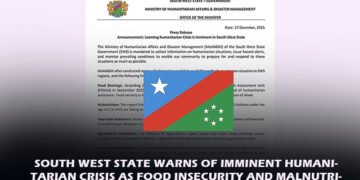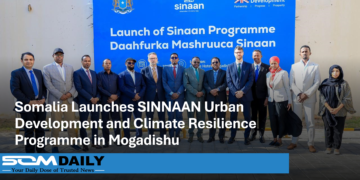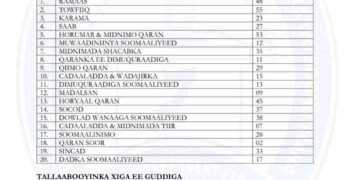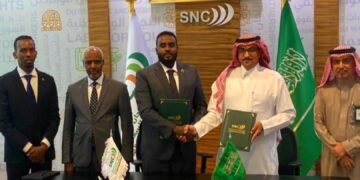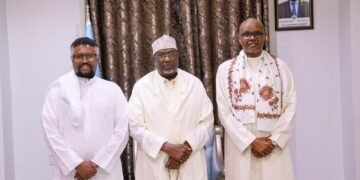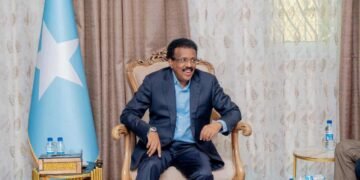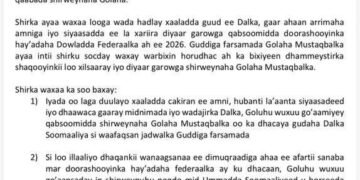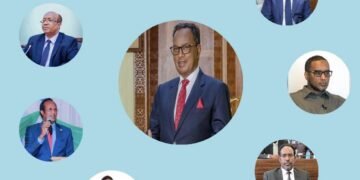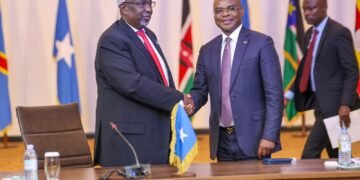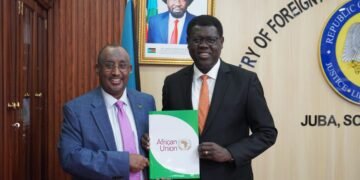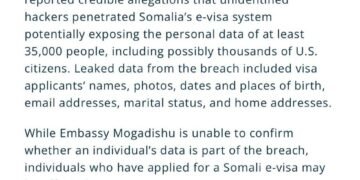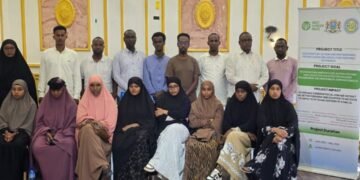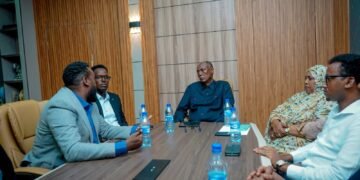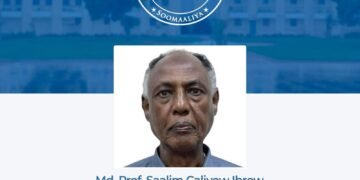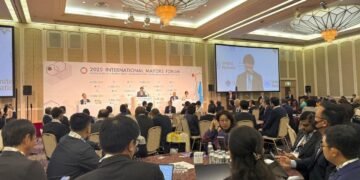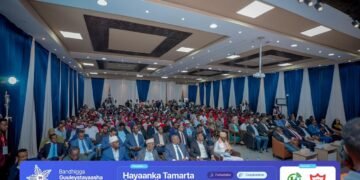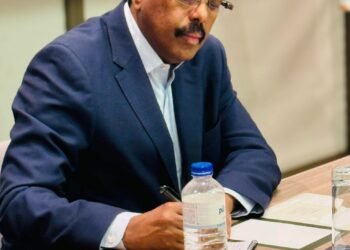Mogadishu, Somalia – In the aftermath of the Ankara Declaration brokered by Türkiye, prominent Somali politician Abdirahman Abdishakur Warsame offered a sharp critique of the agreement and its implications for Somalia’s sovereignty and leadership. While recognizing some positive aspects of the deal, Warsame expressed concerns about Ethiopia’s motives and Somalia’s fractured political leadership.
Ethiopia’s Gains and Somalia’s Sovereignty
Warsame acknowledged that Ethiopia emerged from the Ankara talks with significant concessions, including access to Somalia’s waters for commercial purposes. He highlighted that despite these gains, Somalia’s sovereignty, independence, and territorial integrity—recognized internationally since 1960—remained intact and protected under the agreement.
However, Warsame noted that Ethiopia’s past actions, including the controversial Memorandum of Understanding (MOU) it signed with Somaliland, demonstrated a disregard for Somalia’s unity. He argued that Ethiopia’s diplomatic isolation, stemming from violations of international law and alienation from major global and regional organizations such as the United Nations, African Union, IGAD, and Arab League, was alleviated through the Ankara Declaration.
Ethiopia’s Conduct Moving Forward
Warsame emphasized that Ethiopia’s recognition of Somalia’s sovereignty and unity must now be reflected in its actions. He called for:
• The closure of Somaliland’s consulate in Ethiopia.
• Ethiopia to route all consular activities in Hargeisa and Garowe through Somalia’s Federal Ministry of Foreign Affairs.
Warsame stressed that tangible changes in Ethiopia’s diplomatic practices will be the true test of its commitment to respecting Somalia’s sovereignty.
Criticism of Somali Leadership
Warsame directed strong criticism at President Hassan Sheikh Mohamud, accusing him of exacerbating divisions within Somalia. He argued that instead of uniting the Somali people, the president’s actions have deepened mistrust, leaving the current federal leadership unable to engage transparently with the public.
Warsame accused the administration of failing to explain the details of agreements made with Ethiopia, instead relying on surrogates and Ethiopian media outlets to shape the narrative. “The leadership of the Federal Government has lost the trust of the people,” Warsame said, adding that the president’s inability to inspire confidence is a significant obstacle to national unity.
A Call for Reconciliation
Despite his criticisms, Warsame offered a constructive suggestion: President Hassan Sheikh still has an opportunity to reconcile with the Somali people and rebuild trust. Warsame urged the government to prioritize transparency and inclusivity, particularly in its dealings with Ethiopia and other regional powers.
Looking Ahead
The Ankara Declaration, while offering a framework for improved relations between Somalia and Ethiopia, has sparked intense debate about its implications and the leadership of both nations. Warsame’s remarks underscore the challenges Somalia faces as it navigates this new chapter in its regional diplomacy.
As Somalia moves forward, the critical question remains whether its leadership can unite the nation and ensure that agreements uphold the country’s sovereignty and long-term interests.
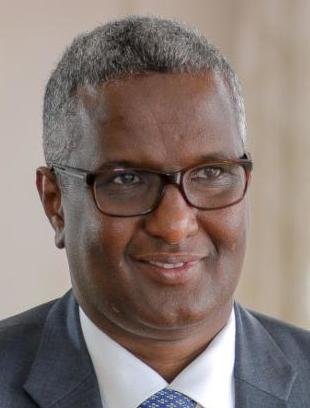
Abdirahman Abdishakur Warsame
Somali Politician



